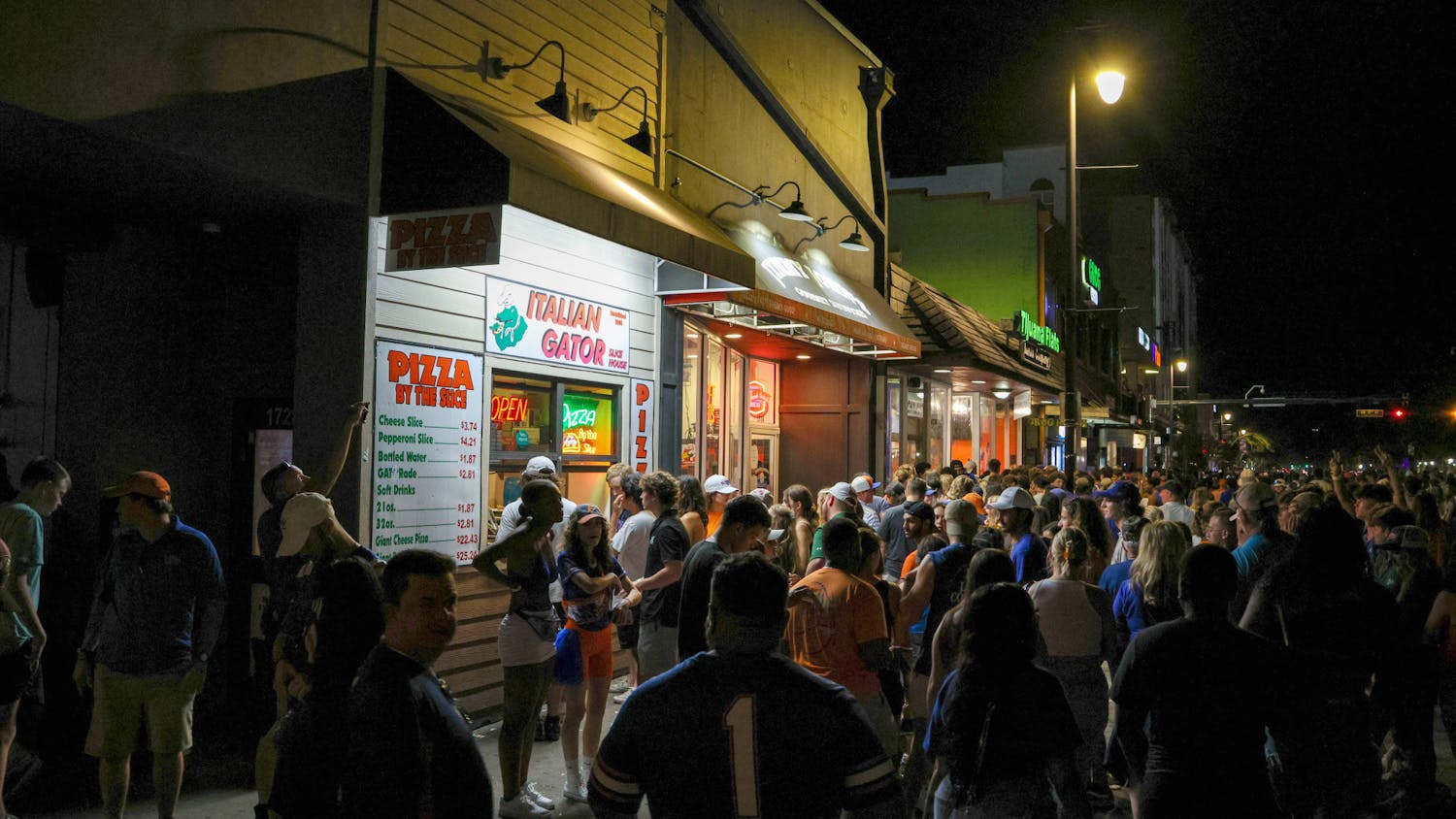GoFundMe has become a household name in charity. It makes charity accessible and easily shared. Its success stories have made numerous headlines. But when more than 300,000 campaigns in the last three years were made to avoid homelessness and/or get out of it, I just want to know where the promise of a chicken in every pot and a car in every garage went.
The majority of crowdfunding campaigns seem to inevitably fail. But even specific cases of success undercut the societal failings at the heart of the campaigns. For instance, take the story of the 83-year-old man who mowed lawns. After his truck of 20 years broke down, his customers crowdfunded a new one, but only because he was walking miles every day pushing his mower. This was shown as uplifting, but what specific part? The part where, despite a life of working hard, he couldn’t afford a new truck and had to walk for miles? And why is it, even following the 20/4/10 rule, most Americans can’t actually afford to buy a car?
What about the Korean War veteran who lost everything in a fire? Why was there any need for a GoFundMe to help? Not only did she serve, but I’d say there’s no reason, in the most prosperous of nations, for there to be no clear backup net for those who can’t afford insurance. And furthermore, how are roughly 1.56 million Americans homeless?
There have been many students who turned to GoFundMe to continue going to college. How is there $1.48 trillion in student loan debt?
One third of all GoFundMe campaigns go to medical expenses. And every year the site raises about $650 million toward healthcare costs. How is this even possible when a fifth of all household spending already goes to healthcare? When a 2009 study by the American Journal of Public Health found 45,000 die every year from lack of coverage, I think it might be time to talk about one of many failures.
Shane Patrick Boyle died last year over $50.That is the cost of life in our country, all because his GoFundMe didn’t make the goal to pay for a month’s supply of insulin. My sister also suffers from Type 1 diabetes, and the reality is I don’t know what she’ll do when she’s off my parents’ insurance.
So what are the answers here? For healthcare it would be “Medicare-for-all.” There is the argument that healthcare is a privilege. But I reject the notion that it’s OK to turn a blind eye to our neighbors’ suffering.
To student debt, free college and trade schools, as well as widespread debt relief for student loans and debts in general.
To poverty, it would be basic income. This is shown through several studies to actually decrease poverty more effectively than means-tested social welfare. To detractors: wealth is not based off work in our system. Also, multiple studies have shown poverty decreases ability and aptitude.
To homelessness: free housing. It’s proven to cost three times less than leaving the homeless on the street, as this is actually worse on the economy and healthcare.
GoFundMe and charity can be inspiring. But this is when a camp is started or it’s used for a prom. Even if they’re successful, when people are having to beg for their lives and livelihood, crowdfunding is a failure.
Levi Cooper is a UF English senior. His column appears on Wednesdays.






